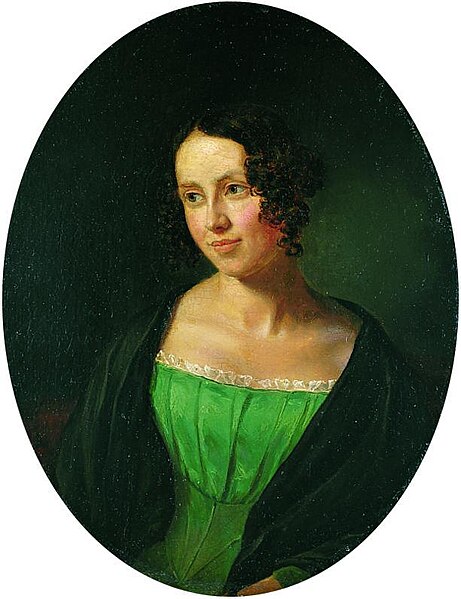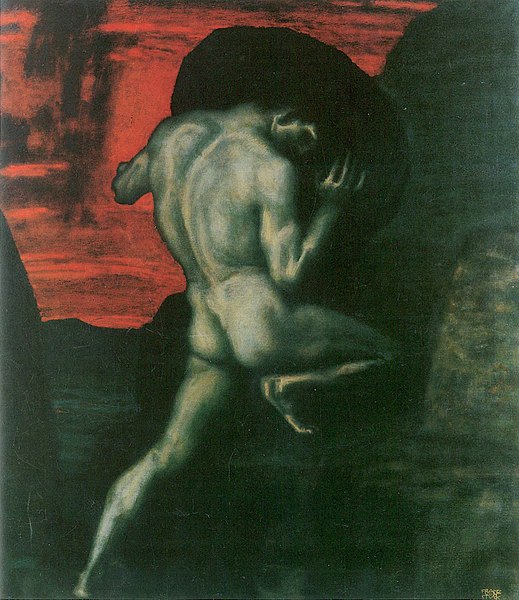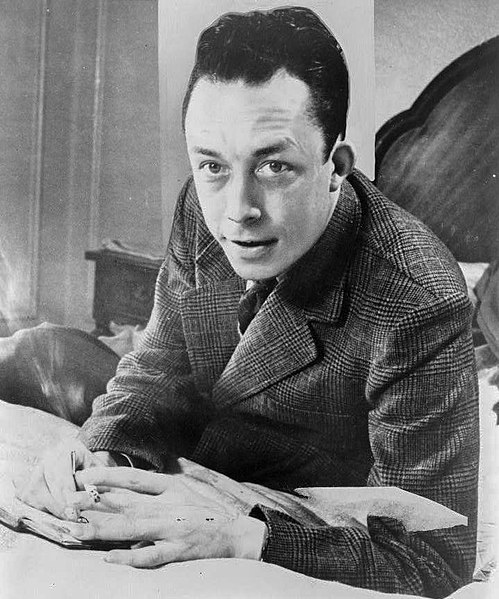Søren Aabye Kierkegaard was a Danish theologian, philosopher, poet, social critic, and religious author who is widely considered to be the first existentialist philosopher. He wrote critical texts on organized religion, Christianity, morality, ethics, psychology, and the philosophy of religion, displaying a fondness for metaphor, irony, and parables. Much of his philosophical work deals with the issues of how one lives as a "single individual", giving priority to concrete human reality over abstract thinking and highlighting the importance of personal choice and commitment. He was against literary critics who defined idealist intellectuals and philosophers of his time, and thought that Swedenborg, Hegel, Fichte, Schelling, Schlegel, and Hans Christian Andersen were all "understood" far too quickly by "scholars."
Unfinished sketch of Kierkegaard by his cousin Niels Christian Kierkegaard, Royal Library, Copenhagen, c. 1840
When Michael (Mikael) Kierkegaard died on 9 August 1838 Søren had lost both his parents and all his brothers and sisters except for Peter who later became Bishop of Aalborg in the Danish State Lutheran Church.
From left to right: Wolff, Holberg, Hamann, Lessing, Plato and Socrates
Regine Olsen, a muse for Kierkegaard's writings
Existentialism is a form of philosophical inquiry that explores the issue of human existence. Existentialist philosophers explore questions related to the meaning, purpose, and value of human existence. Common concepts in existentialist thought include existential crisis, dread, and anxiety in the face of an absurd world and free will, as well as authenticity, courage, and virtue.
Sisyphus, the symbol of the absurdity of existence, painting by Franz Stuck (1920)
French philosophers Jean-Paul Sartre and Simone de Beauvoir
French philosopher, novelist, and playwright Albert Camus
Adolphe Menjou (left) and Kirk Douglas (right) in Paths of Glory (1957)








